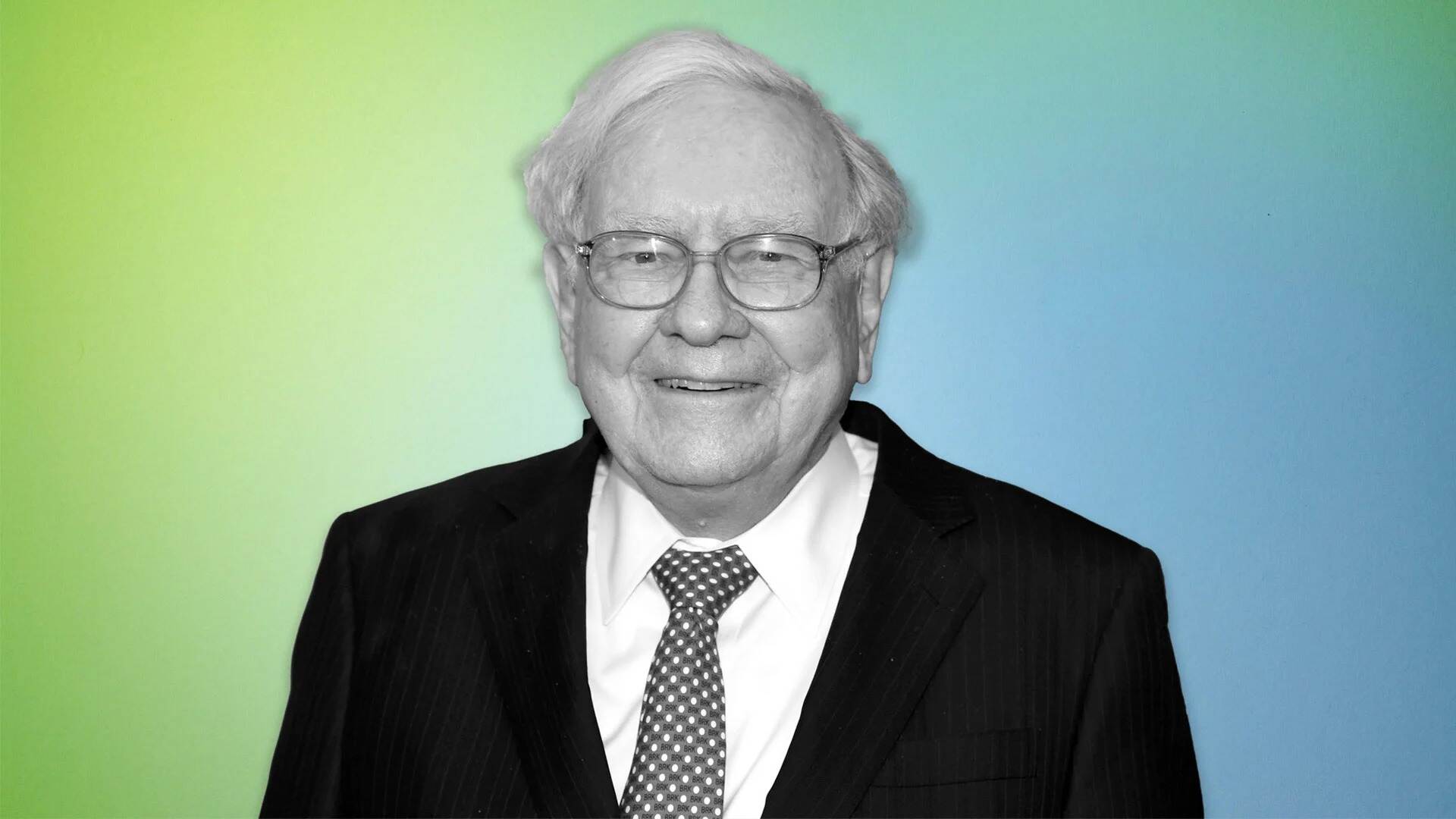- | 9:00 am
Here’s what quantum computing is—and how it’s going to impact the future of work, according to a software engineer
Quantum computing has the potential to solve equations in a matter of minutes that would take traditional computers tens of thousands of years to work out.

Researchers have been studying quantum computing since 1981, when physicists, engineers, and IT visionaries (including one Nobel laureate) convened at a chateau-style mansion outside Boston to assess the possibilities that quantum mechanics could have on the future of technology. Since then, researchers have developed the first quantum computer models and made forays into large-scale quantum computing machines.
The industry has now moved past the first phase of quantum computing, and huge international companies including Google, Microsoft, IBM, Intel, and Honeywell are investing in the further development of quantum computers for industrial purposes.
In fact, experts today suggest that with its widespread applications and transformative potential, quantum computing is leading the next technological revolution. But quantum computing is also becoming more expensive, so many have been left wondering what impact this new technology will have on businesses.
I’m a software engineer and technical copywriter. My job is to understand technology and to be able to clearly communicate how it works and how it can be applied. So here’s how quantum computing works, and how it will impact the future of business and work.
HOW DOES QUANTUM COMPUTING WORK?
The digital devices that we rely on so heavily in our day-to-day and professional lives today—smartphones, tablets, laptops, fitness trackers, etc.—use traditional computational technology. Traditional computers rely on a series of mathematical equations that use electrical impulses to encode information in a binary system of 1s and 0s. This information is transmitted through quantitative measurements called “bits.”
Unlike traditional computing, quantum computing relies on the principles of quantum theory, which address principles of matter and energy on an atomic and subatomic scale. With quantum computing, equations are no longer limited to 1s and 0s, but instead can transmit information in which particles exist in both states, the 1 and the 0, at the same time.
Quantum computing measures electrons or photons. These subatomic particles are known as quantum bits, or “qubits.” The more qubits are used in a computational exercise, the more exponentially powerful the scope of the computation can be. Quantum computing has the potential to solve equations in a matter of minutes that would take traditional computers tens of thousands of years to work out.
CUTTING-EDGE USES OF QUANTUM COMPUTING TECHNOLOGY
With its remarkable ability to process vast quantities of information in moments and transmit multidimensional information, quantum computing provides huge potential for evolving technology. Quantum computing will have an impact on the trajectory of manufacturing, artificial intelligence, and cybersecurity, to name just a few evolving applications.
For financial institutions, the power of quantum computing can be harnessed to craft sophisticated trade simulations using high-speed financial modeling to make marketplace predictions. Financial institutions can use quantum computing to increase security, boost fraud detection capabilities, and perform in-depth risk analyses.
Soon we will begin to see financial institutions using quantum computers to develop highly advanced, streamlined investment portfolios for their clients. Recent studies have shown that 80% of financial institutions recognize the possibilities presented by AI. Many of us in the industry believe that, coupled with quantum computing, we will see a burst of fintech developments and technological evolutions of traditional brick-and-mortar financial institutions.
The pharmaceutical industry is also adopting quantum computers, as researchers can use quantum computing to simulate molecular interactions, which will allow for the quick development of new medications. Using quantum computing for intensive DNA studies may lead to healthcare providers’ ability to offer gene-specific cures.
In the fields of engineering, aerospace, and military development, researchers and designers can use quantum computers to create sleeker, more efficient aircraft models. Air traffic controls and traffic coordination systems can likely be made safer using quantum computing. And military intelligence can also benefit from the vast power of quantum computing.
In addition, quantum computing can be used to enhance cybersecurity and intelligence gathering, providing stronger data encryption services and high-level intrusion-detection systems. Quantum computing will contribute to big data search processes, as well as the rapid development of AI and machine learning.
Quantum computing may even revolutionize our domestic power sources, providing electrical energy based on nuclear fusion processes.
THE CHALLENGES FACING QUANTUM COMPUTING TECHNOLOGY
To keep up with the new demands caused by the widespread adoption of quantum computing, businesses will need to be ready to adjust their preexisting security protocols, networks, and data processing platforms. I believe quantum computing will ultimately cause businesses to embrace new types of algorithms.
Since quantum computing provides nearly instantaneous processing of data and information, some believe traditional forms of cybersecurity may be made irrelevant. So businesses will need to reinvest in new forms of cybersecurity protection and newly secured modes of digital communication.
In addition, quantum computing itself faces many challenges as it develops. Like traditional computing, quantum computing requires human double-checking to ensure that any errors are identified and corrected. This can be a costly and time-consuming endeavor, particularly given the sensitive nature of today’s quantum computers, which are affected by noise and are often challenging to calibrate correctly.
Vibrations (including those caused by sound), temperature, and other environmental factors can impact the calibration of the quantum computer, leading to errors in the computations. Unlike the bits that power traditional computers, qubits are sensitive and temporary, making it difficult to construct a functional quantum computer in the first place. There is currently a lack of qubits overall that prevents developers from creating the highly functional quantum computer they desire; researchers thus far have been able to produce only 128 maximum qubits at a time.
Other fields are closely watching the development of quantum computing. The White House has indicated that advanced quantum cryptographic pursuits can become a major issue of national security if the technology falls into the wrong hands. Plus, AI-powered by quantum computing could generate unexpected results. All of these factors will also affect businesses as they learn to adjust to the positive and negative consequences of quantum computing.
HOW THE FUTURE OF WORK WILL BE IMPACTED BY THE “QUANTUM LEAP”
Quantum technology is set to transform our entire digital landscape, and investors are taking notice. Venture capital investments in quantum computing grew by 500% from 2015 to 2020.
I believe businesses today should pave the way for the seamless integration of quantum computer technology in the near future. By investing in quantum computer infrastructures, organizations can benefit from the early adoption of these revolutionary new technological abilities. This will give early adopters the competitive edge in a burgeoning industry to get ahead of the competition before quantum computing becomes more widespread.
Importantly, business owners and HR managers should create and conduct education and training for their employees, ensuring that everyone on their teams is amply prepared to interact with and utilize quantum computing tools and capabilities. Employees should be encouraged to attend courses and conferences where they will learn the most up-to-date information about quantum computing.
In addition, business owners should prepare to adopt necessary new security protocols and defense systems to meet the increased demands of quantum computers. Businesses can prepare by hiring IT professionals to conduct risk assessments that reveal possible weak spots and vulnerability points that may be exploited by bad actors.
Leaders should ensure that they maintain compliance with the latest national security rules and regulations. One example is the payment card industry data security standard (PCI DSS), which includes several requirements designed to ensure the security of customer cardholder data. Any possible changes that can be made in advance of new quantum computers should be made.
As quantum computing technology continues to mature, business owners can map out development and adoption strategies, charting a course for how to integrate quantum computing and AI into their business most effectively so that once the technology is ready to be used, they can adapt seamlessly. Until that point, businesses can conduct experiments and trial pilot projects to test out possible functions and benefits of early-stage quantum computing models.
While quantum computing continues to be in the development stage, businesses across sectors can soon expect to see monumental shifts in computing capability that will have a range of effects. The fields of security, manufacturing, product development, healthcare, finance, aerospace engineering, and others will all be impacted by the revolutionary potential of quantum computing.
To get ready for this huge shift in technology, businesses should assess their cybersecurity infrastructures, invest in employee training, prepare to reinvest in new cybersecurity protective measures, and start to map out ways to integrate the radical possibilities that quantum computing will provide. I believe that soon quantum computers will be as pervasive as the smartphones and laptops of today.







































